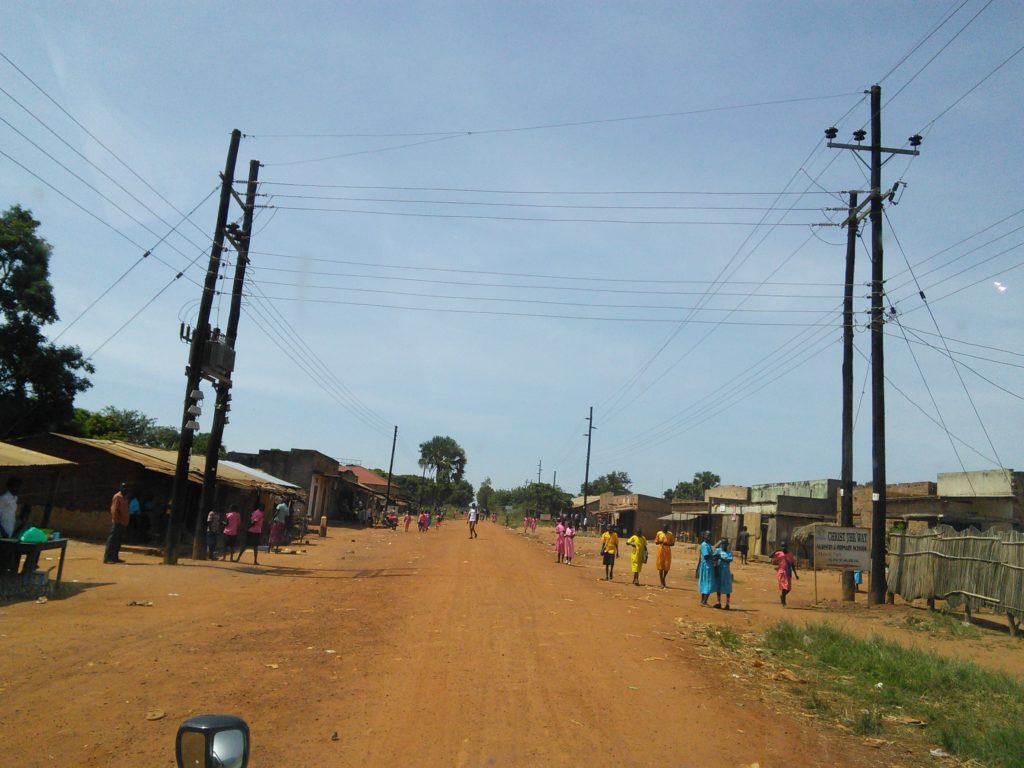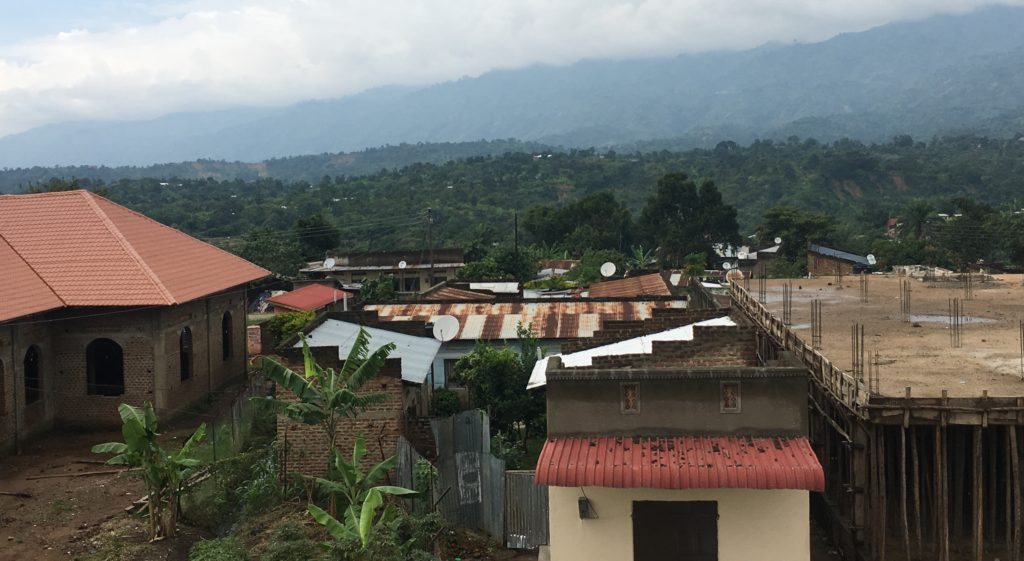NRECA International’s relationship with Uganda and its cooperative movement began in 2010, and the partnership over the years has included supporting the development of the Rural Electrification Strategy and Plan for 2013-2022 and electrification master plans for the country’s 13 electric service territories. Most recently, the team facilitated a strategic planning workshop to explore the formation of an association of Uganda’s rural electric cooperatives.
Last year, Wilson Nyabutundu, the senior rural electric cooperative development officer for Uganda’s Rural Electrification Agency spoke at the 2019 NRECA Annual Meeting general session. He was also the keynote speaker at the NRECA International Luncheon, where he shared his perspective on the challenges and successes of electric co-ops in Uganda.
Below is an excerpt of a letter he sent to Dan Waddle, senior vice president of NRECA International, on how the electric co-ops are coping with the COVID-19 pandemic. It provides an insight on how the response, while much smaller in scale compared to many other countries, is very much in line with prioritizing community needs, keeping the lights on, and doing things the cooperative way.
Dear Dan,
I hope you and your family are in good health. We continue to do our best to help our electric cooperatives serve their communities during this pandemic, and as you can imagine, it’s not without challenges. I would like to provide you with an update on how we are coping in Uganda during this time of crisis.
Until the beginning of March 2020, electric cooperatives could not imagine how the COVID-19 crisis would affect their daily operations. Our government started implementing stringent restrictions to control the spread of the coronavirus, like compulsory quarantine for returnees from other countries, closure of the country’s airspace, and total lockdown during the second week of March 2020. The first case of the coronavirus was registered on the 21st March from a traveler who was returning to Uganda from Dubai, United Arab Emirates.
During the first week of March 2020, as part of a broader contingency plan to ensure uninterrupted electricity supply in the country amidst the crisis, the Electricity Regulatory Authority directed all utility companies/service providers to prepare and put in place individual Business Continuity Plans (BCPs). By the third week of March, these plans were put in place by all utilities, service providers, and electric co-ops.
The Rural Electrification Agency also dispatched electric poles to the electric co-ops to support them in network maintenance operations and ensure supply reliability during the crisis. We have also maintained a standby IT team to offer support for power vending systems to the co-ops.

All of the electric co-ops have activated mobile money/online payment platforms for members to purchase and have access to electricity. A number of social media accounts like WhatsApp have also been activated so members can use this platform to submit inquiries and complaints. Standby crews and teams of technical staff are on call at all times to attend to possible disruptions to the distribution system. The companies who generate and transmit power to our electric cooperatives have also rescheduled any maintenance activities that could adversely affect reliability.
Most of the co-op staff have been asked to remain on the job and work from home to reduce the number of people in the office, as directed by the Ministry of Health. The co-ops are under strict advisement to practice social distancing and staff must frequently sanitize their hands.
There are many challenges, which cause me to stay up late at night. Connections have been scaled down. The closure of some offices has negatively affected our planned connection targets for March and April. As a result, community members remain without power. As expected, the lockdown has resulted in a reduction in productive use of electricity, which has caused a decline in revenue collection. There has been high operational costs during this period – like facilitating movement of staff who remain on duty. Co-ops have had to implement COVID-19 measures that hadn’t been planned or budgeted for.

Our country is currently in a rainy season which started in April. This season’s high rainfall has led to an increase in Lake Victoria’s water levels, leading to floods in the lake’s catchment areas. This has caused destruction of property, and affected generation plants on the river Nile. Last week, the heavy rains in the western part of the country, caused some rivers to bust their banks leading to floods, particularly in the districts of Kasese and Bundibugyo in the Rwenzori region of the country. The floods affected some sections of the electric co-ops’ networks and affected reliability for two days in some areas.
If the situation doesn’t improve, the co-ops will have to think of alternative coping mechanisms to remain operational. Like everywhere in the country, I am concerned not just for the health of the people living in these rural communities, but the continued operations of the electric co-ops that provide them with what they need to improve their lives. I hope in the near future we can have a conversation to address this, for a safer world for our communities to live in.
I remain vigilant and hopeful that we will overcome this together.
With cooperative regards,
Wilson Nyabutundu